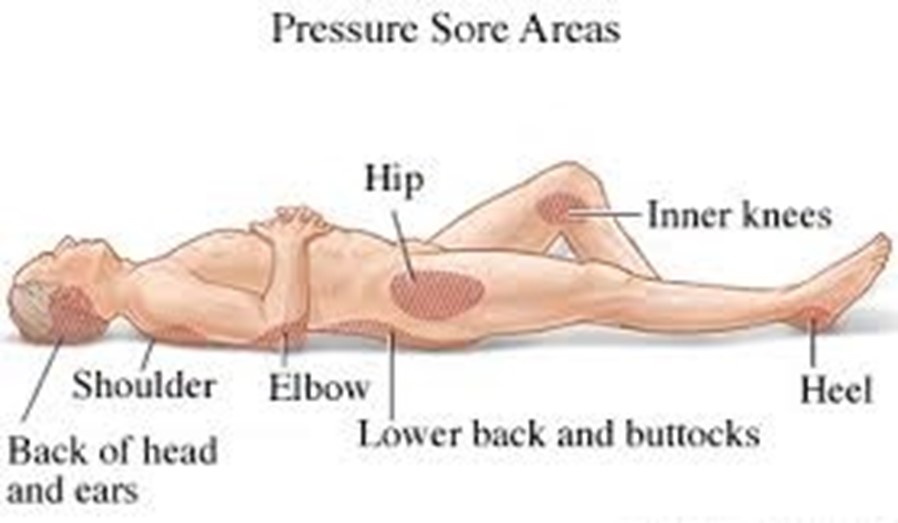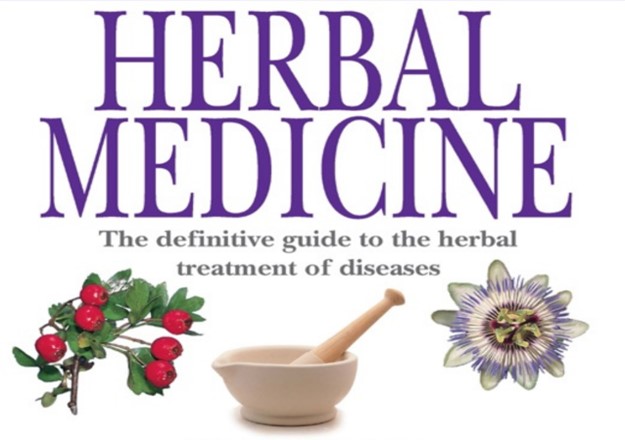A nurse and client work on strategies to reduce weight.
What phase of the therapeutic relationship are the nurse and client in?
Pre-interaction
Orientation
Working
Termination.
The Correct Answer is C
Working.
The working phase of the therapeutic relationship is when the nurse and client work together to develop and implement strategies to achieve the client’s goals.
In this case, the goal is to reduce weight, so the nurse and client are working on strategies to achieve that goal.
Choice A is not an answer because the pre-interaction phase occurs before the nurse and client meet and involves the nurse preparing for the first interaction with the client.
Choice B is not an answer because the orientation phase is when the nurse and client get to know each other and establish trust and rapport.
Choice D is not an answer because the termination phase occurs when the therapeutic relationship ends and involves evaluating progress and planning for future care.
Nursing Test Bank
Naxlex Comprehensive Predictor Exams
Related Questions
Correct Answer is A
Explanation
Pressure injuries may be a result of decreased mobility.
When a person has decreased mobility, they may spend extended periods of time in one position, which can put pressure on certain areas of the body and lead to the development of pressure injuries.

Choice B is not an answer because diarrhea is not typically a result of decreased mobility.
Choice C is not an answer because euphoria is not typically a result of decreased mobility.
Choice D is not an answer because increased energy is not typically a result of decreased mobility.
Correct Answer is ["B","C","E"]
Explanation
Echinacea is known to enhance immunity.
It has been shown to increase the number of white blood cells, which are part of the body’s immune system and help fight off infections.
Ginseng has been shown to increase physical endurance.
Studies have found that it can reduce fatigue and improve physical performance . Aloe vera has been found to promote wound healing.
It contains compounds that can reduce inflammation and improve antioxidant defenses, which can help accelerate the healing process .

Choice A is not correct because there is no evidence that Gingko Biloba causes fibrin clot formation.
Fibrin is a protein that helps in the clotting of blood, but there is no evidence to suggest that Gingko Biloba has any effect on this process.
Choice D is not correct because there is no evidence that Chamomile enhances the immune response to influenza A.
While Chamomile has been found to have some anti-inflammatory and calming effects, there is no evidence to suggest that it can enhance the immune response to influenza A specifically.
Whether you are a student looking to ace your exams or a practicing nurse seeking to enhance your expertise , our nursing education contents will empower you with the confidence and competence to make a difference in the lives of patients and become a respected leader in the healthcare field.
Visit Naxlex, invest in your future and unlock endless possibilities with our unparalleled nursing education contents today
Report Wrong Answer on the Current Question
Do you disagree with the answer? If yes, what is your expected answer? Explain.
Kindly be descriptive with the issue you are facing.
